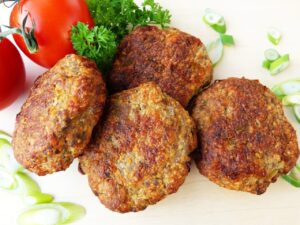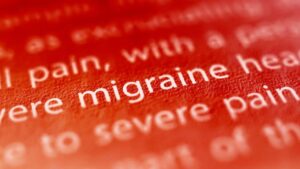EFFECTIVE TIPS TO LOSE BELLY FAT

“scientifically proven efficient belly weight loss techniques”
Scientifically Proven Efficient Belly Weight Loss Techniques.
Protein helps develop muscle mass, thereby increasing the metabolic rate and reducing the consumption of calories. Soluble fiber absorbs water and creates a gel that slows your digestive system through meals. It may also reduce the quantity of calories your body absorbs from meals. Moreover, soluble fiber may aid battle fat from the belly. An observational study of more than 1100 people reported a 3.7% reduction in belly fat growth for every 10 grams of soluble fiber consumption over a five-year period. High protein diets reduce weight growth and obesity of the abdomen. Soluble fiber may contribute to weight loss by increasing fullness and lowering the absorption of calories. Make an effort every day to eat high fiber diet. Outstanding soluble fiber sources include flaxseeds, shirataki noodles, sprouts, avocados, beans and blackberries.
Transfats are produced by hydrogen pumping into unsaturated fats like soybean oil. They may be found in some margarines and spreads, and certain packaged meals are included. These lipids have been associated in observational and animal studies with inflammation, cardiac diseases, insulin resistance and increased belly obesity. Read labels of ingredients carefully and stay away from items containing trans fats to help minimize bowel fat and safeguard your health. These are commonly referred to as ‘partly hydrogenated’ fats.
sugar products and beverages include high sugar content. The increased fructose of the added sugars may reduce fat burning. Thus, you will reduce your body fat by eliminating sugar products and drinks, such as candy, cakes, frozen yoghurts, soda, flavoured coffee drinks and sweet tea.
Stress may frequently put weight loss on the brakes. In addition to encouraging comfort and eating, it also raises your body’s cortisol production. The “stress hormone” is known as cortisol. While it helps your body react to stress, it may also boost accumulation of belly fat. Moreover, this impact in women seems to be greater. Too much cortisol may thus make weight reduction exceedingly difficult. It may seems that you have little influence over your life’s stress, yet research has shown that learning to handle stress may assist encourage weight reduction. A stress management program that includes muscular relaxation and deep respiration resulted in an average weight reduction of 9.7 pounds in an eight-week trial of 34 overweight and obese women (4.4 kg).
Sleep. For excellent mental, emotional and physical health, sleep is vitally essential. Lack of sleep may impair weight reduction by lowering your metabolic rate and by changing your hormone levels to encourage appetite and fat accumulation. It is also established that failure to sleep sufficiently may contribute to weight gain by reducing your metabolic rate and modifying hormone levels to drive your hunger and your fat storage. Not getting enough sleep might actually contribute to slowed weight loss. One research indicated a drop in the resting metabolic rate of healthy people, who slept four hours a night for five consecutive nights, on average 2.6 percent, returning to their base level after they slept for 12 hours.
There is some evidence that these omega-3 fats may assist to lower visceral fat as well. Research in adults and children with fatty liver disease shows that additional fish oil may drastically decrease liver and abdominal fat It may boost your general health to eat fatty fish or take omega-3 supplements. There is also evidence that belly fat may be reduced in persons with fatty liver diseases.
Resistance exercise may also be useful for belly fat reduction based on research including persons with prediabetes, type 2 diabetes and fatty liver diseases. Strength training may be an essential technique for weight reduction and may assist to decrease bowel fat. Studies indicate that in conjunction with aerobics it is considerably more beneficial.
Aerobic exercise may enhance your health and burn calories effectively. Aerobic exercise is an efficient strategy of weight reduction. Studies reveal that it is especially helpful to slim your belly. Studies also reveal that it is one of the best ways to reduce abdominal fat. However, the consequences of the medium or high physical activity are varied.
Protein is an incredibly essential weight management nutrient. High protein products, such fish, lean meat and beans, are perfect when you attempt to throw additional pounds around your tail. The high intake of protein boosts the hormone release, which reduces hunger and promotes fullness. Protein also increases your metabolism and helps retain muscle mass as you lose weight. Many observational studies reveal that those eating more protein are usually less abdominal than persons eating a reduced protein diet.
Studies reveal that coconut oils may help lower belly fat instead of conventional cooking oils.




